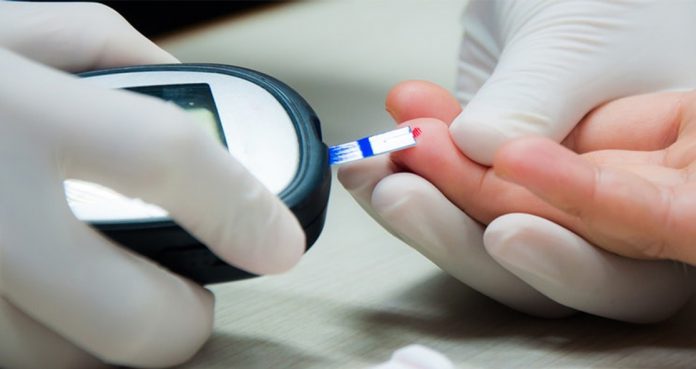Diabetes is one of the common chronic conditions characterized by hyperglycemia, or high blood glucose (sugar) levels. Type 1 diabetes is typically considered to be caused by genetic influence, while Type 2 diabetes has often been associated with physical inactivity and obesity.
If left untreated or poorly controlled, diabetes could lead to complications such as heart failure, kidney disease, blindness, neuropathic pains, and diabetic foot that cause gangrene.
According to the Centers for Disease Control and Prevention (CDC), more than 100 million Americans are living with diabetes or prediabetes. In 2015, diabetes was the seventh leading cause of death in the United States.
Is Diabetes Reversible?
It is impossible to reverse type 1 diabetes because a person does not produce insulin that regulates blood sugar. When it comes to type 2 diabetes, a group of researchers has found the underlying cause of the disease and established that it can be reversed.
A 2017 study found that losing weight or staying physically active could reverse type 2 diabetes for a certain period of time. Researchers explained that excess calories lead to fatty liver, resulting in poor secretion of insulin and producing too much sugar. Excess fat in the liver is passed on to the pancreas that secrets insulin. So, losing at least 1 g fat from the pancreas could help reverse the condition.
The study found that the reversal of diabetes might remain for up to 10 years after receiving the diagnosis.
Prof. Roy Taylor from Newcastle University, UK, said, “I think the real importance of this work is for the patients themselves. Many have described to me how embarking on the low-calorie diet has been the only option to prevent what they thought — or had been told — was an inevitable decline into further medication and further ill health because of their diabetes.”
“By studying the underlying mechanisms we have been able to demonstrate the simplicity of type 2 diabetes,” added Taylor.
The professor explained that type 2 diabetes is caused by excess fat in the liver as well as the pancreases. Excess fat in the pancreas causes the insulin-producing cells to fail.
“The good news for people with type 2 diabetes is that our work shows that even if you have had the condition for 10 years, you are likely to be able to reverse it by moving that all important tiny amount of fat out of the pancreas. At present, this can only be done through substantial weight loss,” explained Taylor.
Another study published in the BMJ found that people who lost about 33 pounds were able to send type 2 diabetes into remission.
Prof. Jeffrey Johnson at the University of Alberta said, “Lifestyle changes such as dietary changes and [increased] physical activity have been shown to prevent — and even reverse — type 2 diabetes.” He added, “A healthier diet and physical activity, like getting 150 minutes of moderate exercise every week… was enough to prevent people at risk of developing diabetes from being diagnosed.”





















